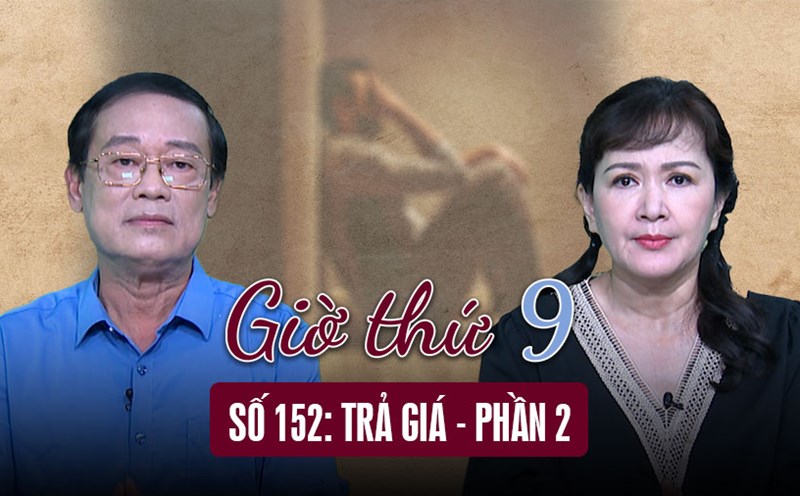RT reported that on April 22, President Volodymyr Zelensky announced that Ukraine would not discuss recognizing Crimea as Russian territory, right before the meeting between US, Ukrainian officials and the European Union (EU) in London, which took place today, April 23.
Mr Zelensky said that Crimea is part of Ukraine's territory so there is no need to discuss it, and warned that if Crimea's sovereignty is brought up for negotiations, the war could escalate.
Last week, at a meeting in Paris, US officials made a number of proposals to Ukraine, including accepting the fact that Crimea is under Russian control and loosening sanctions on Moscow in exchange for a peace deal.
The Washington Post said that Ukraine understood this to be Washington's last proposal before the US could withdraw from efforts to promote negotiations, especially in the context of President Donald Trump warning that he would stop seeking a peaceful solution if the process did not change significantly.
At the meeting on April 23, the US delegation did not have the participation of Special Envoy Steve Witkoff and Secretary of State Marco Rubio. However, this does not affect Washington's commitment to the peace process, according to US officials.
US State Department spokeswoman Tammy Bruce said Rubio was absent due to a busy work schedule, while Witkoff was reportedly scheduled to meet President Putin at the weekend.
The Washington Post revealed that the idea for the US to recognize Crimea in Russia had been raised in advance, with Witkoff as a driving force. The proposal is seen as an effort to break the deadlock, by not requiring Ukraine to officially recognize Russia's sovereignty over Crimea.
However, at a press conference last week, Mr. Zelensky was harsh on the proposal, affirming that Special Envoy Witkoff did not have the authority to discuss such issues with Russia.
RT recalled that in 2014, the majority of Crimea residents, mostly of Russian origin, voted to join Russia after the Kiev government was overthrown in a policy shift backed by the West. However, Ukraine and Western countries have so far considered the vote illegal.











